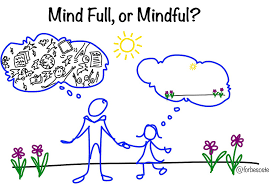
How to deal with compassion fatigue


Compassion Fatigue has similar symptoms to what we call ‘Burnout’ but it can also be termed ‘Secondary Traumatic Stress’ if you’re constantly dealing with the trauma experienced by others. Lawyers, nurses, doctors, social workers, physiotherapists and many others have a daily diet of trauma: they listen constantly to stories of pain, disruption and unhappiness.
- Reduced ability to feel empathy towards clients or their families.
- Avoidance or dread of working with some patients/ clients.
- Change in beliefs, expectations and assumptions.
- Detachment.
- A pervasive negative attitude or a sense of hopelessness.
- Decreased intimacy.
- Avoidance or dread of working with some patients/ clients.
- Increased psychological arousal – constantly ready for action (increase in adrenalin – higher blood pressure, signs of anxiety).
- Poor sleeping habits.
- Addiction.
- Sadness and grief.
Do you tend to be a perfectionist? Do you have trouble delegating tasks? Don’t like to take breaks. Find it difficult to say No? Do you bottle your feelings up and don’t talk about stuff? Do you take on social justice issues? Do you work longer hours?
If you think that you are experiencing the symptoms of Compassion Fatigue or Burnout, or your colleague is showing some of the signs, then seek help.
Building Resilience, Awareness Training, Mindfulness Training, Creating a Safe Workplace – all of the above contribute to staff wellbeing and a healthy workplace culture. Contact Elena to learn more about mitigating the stressors involved in dealing with very needy people. Call for a free chat on +61 407445497 or a free Zoom Session if you live overseas.
Sources:1. Phsyiotherapists – Compassion Fatigue 2. Burnout or Compassion Fatigue? 3. Wikipedia



